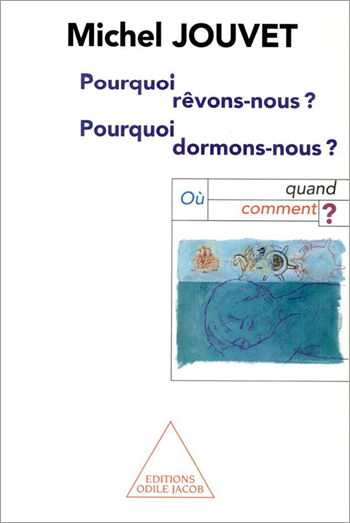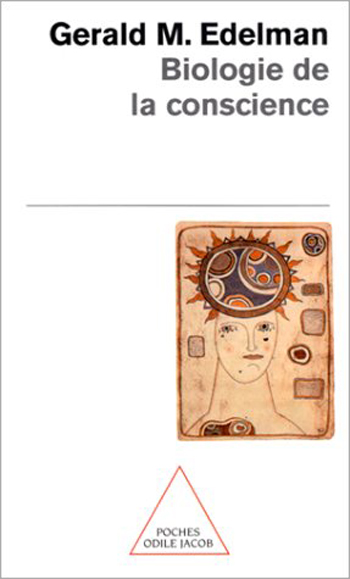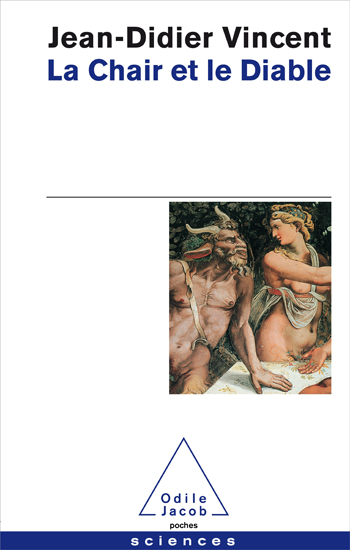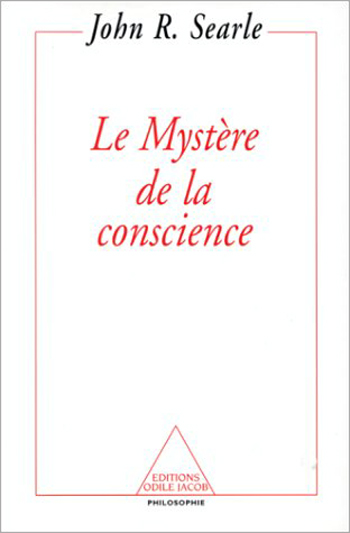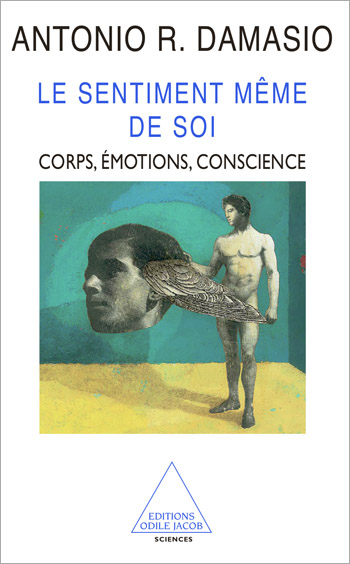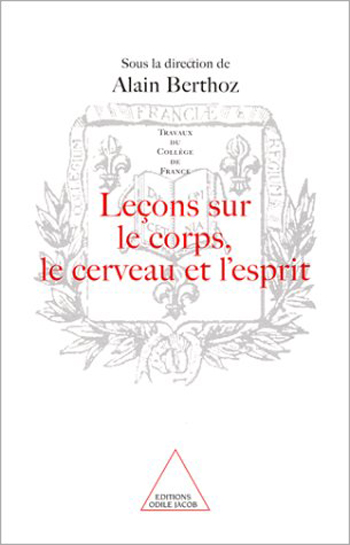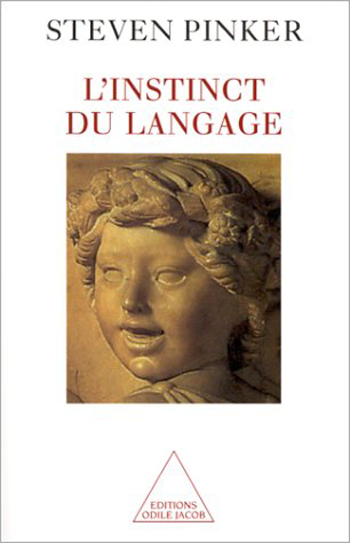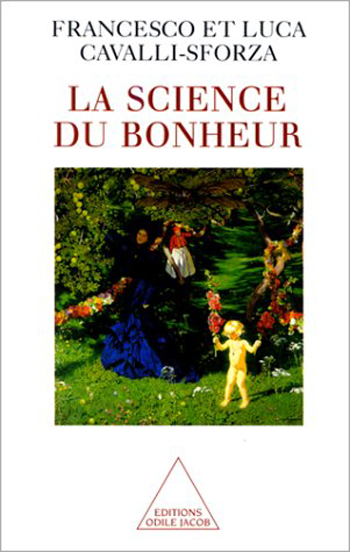Neuroscience All books
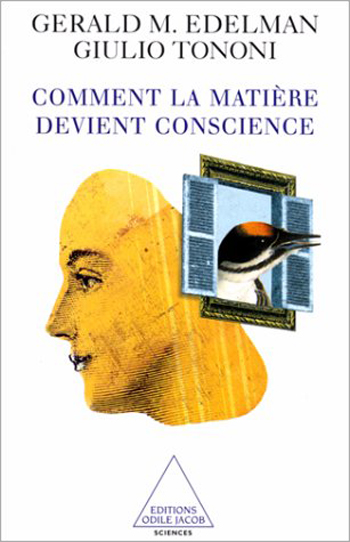
Gerald M. Edelman, Giulio Tononi
Consciousness : How Matter Becomes Imagination
How do the physical occurrences which take place in our brains create the world of conscious experience ? Philosophers have long disputed this question but today, it is science which is in a position to formulate real answers. Gerald M.Edelman and Giulio Tononi demonstrate that the processes which lead to consciousness are not confined to the brain, but are actually dependant on the functioning of numerous areas. They also show that these interactions are not fixed processes, but are constantly adjusted and modified. This research represents one step further towards understanding our identity and our complexity. Gerald M.Edelman, who has received the Nobel Prize for medicine, heads the Institute of Neurosciences at La Jolla in California. Giulio Tononi is a researcher at the Institute of Neurosciences.
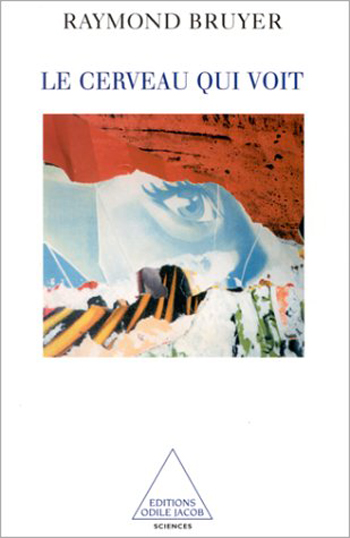
Raymond Bruyer
The Brain that "Sees"
Based on numerous examples, this book describes and explains the phenomenon of perceptive recognition: how with minimal information the human brain can identify not only general forms (a man, a woman, a cat, a dog, a house, and so forth), but also specific individuals who might seem scarcely distinguishable from one another, unless a large amount of information is provided. This study of the brain that sees is also an exploration of the perceived world. Raymond Bruyer teaches experimental psychology at the University of Louvain La Neuve, Belgium.
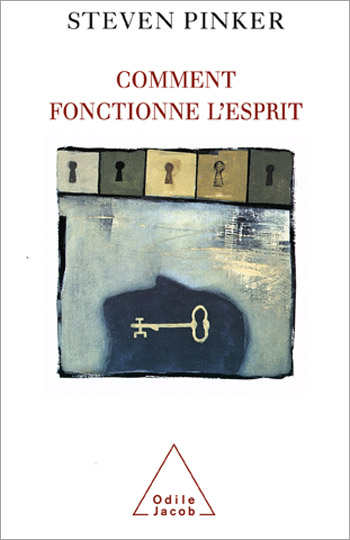
Steven Pinker
How the Mind Works
In his new book, Steven Pinker studies the human mind. What is it? How did it evolve? How does it enable us to see, think, feel, laugh, interact with others, have aesthetic experiences, and reflect on our own lives? This is the long-awaited synthesis encompassing all the major explanations offered by evolutionary biology and the cognitive sciences concerning mental life of human beings. Steven Pinker heads the Center of Cognitive Neurosciences at the Massachusetts Institute of Technology. He is the author of the highly acclaimed Language Instinct.
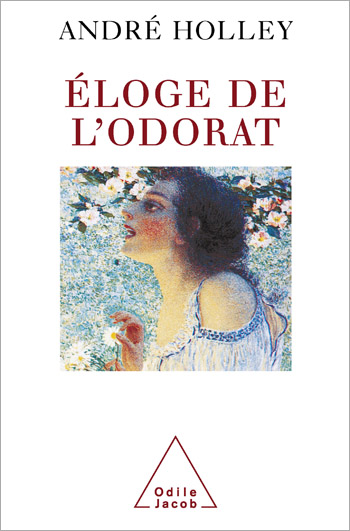
André Holley
In Praise of our Sense of Smell
Disparaged by the great philosophers and even by Darwin, who considered it useless, yet praised by Proust and Baudelaire for the richness of the emotions it inspires, the human sense of smell is generally considered secondary to the other senses. But is it really? André Holley makes a scientific argument for this powerful yet ambiguous sense. He also examines the tendency on the part of our society to deodorise to refuse accept that smells are sometimes bad, on the other hand inventing entirely new smells with the help of chemistry. Researcher at the CNRS, André Holley is a professor of neuroscience at the university Claude-Bernard in Lyon.
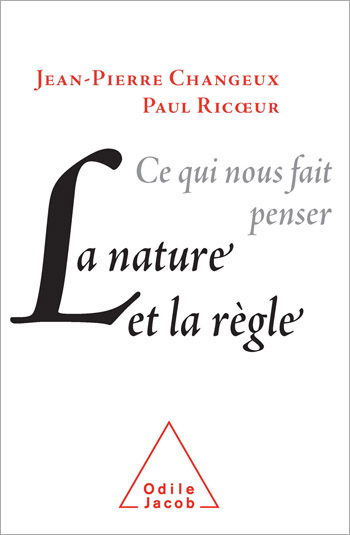
Jean-Pierre Changeux, Paul Ricœur
What Makes Us Think Nature and Rules
'The intention of this book was to put a scientist and a philosopher face to face and spark a dialogue between them on neuroscience, on their results and projects, and their ability to carry out a debate on ethics, its norms, and on peace. In France, ideas are rarely openly discussed. Serious debates are too often hindered by dogmatic statements, one-sided criticisms, incomprehensible discussions and glib mockery, with little or no thought for the solidity of the arguments, which aim only to appear plausible or worthy of being argued, rather than convincing. A totally free and open dialogue between a scientist and a philosopher is necessarily a highly unusual experience for both.' Paul Ricur and Jean-Pierre Changeux Paul Ricur is an honorary professor at the University of Paris-X and an emeritus professor at the University of Chicago. Jean-Pierre Changeux, a member of the French Academy of Science, teaches at the College of France and the Pasteur Institute.
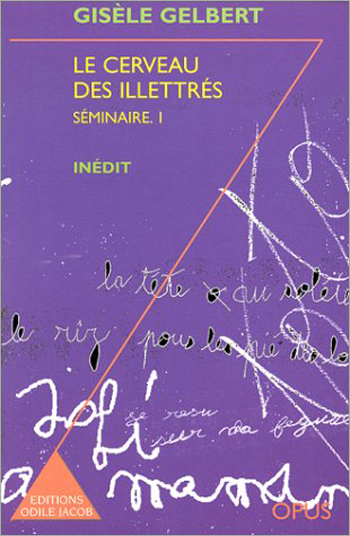
Gisèle Gelbert
The Illiterate Brain
Is illiteracy a social scourge, or is it an aphasia-like disorder? To find the answer, Gisèle Gelbert delves into the mysteries of the brain of an illiterate person, and teaches us the art of `repairing' it. By thoroughly breaking down each linguistic act, she is able to define and localise with great accuracy the disorders observed in both written and oral expression. She also makes use of the schema to develop exercices that are especially adapted to the clinical observation of localised disorders, thus opening the door to new therapeutic possiblilities. Gisèle Gelbert is a neurologist and aphasiologist. She is the author of "Lire c'est vivre "(Opus, 1996) and "Lire c'est aussi écrire" (1998).

